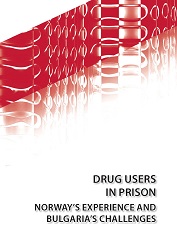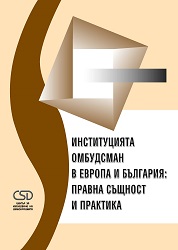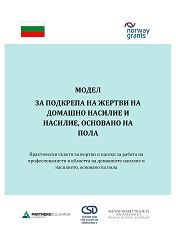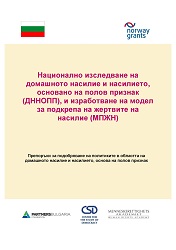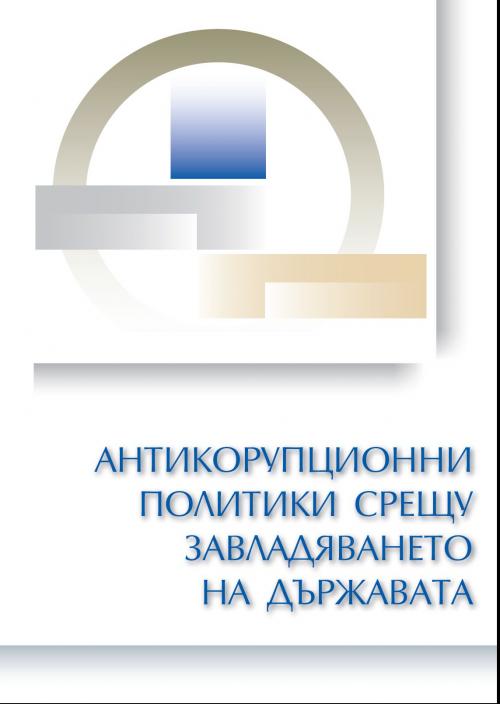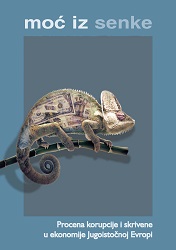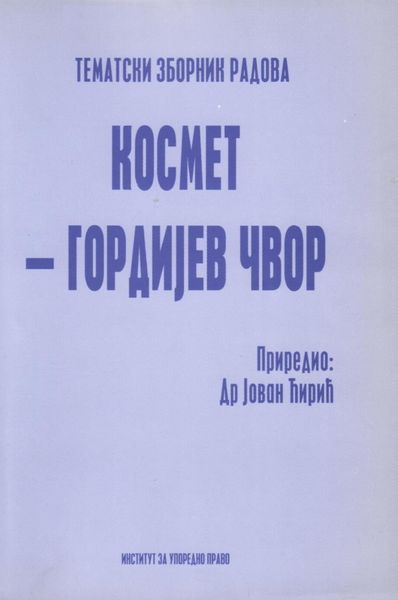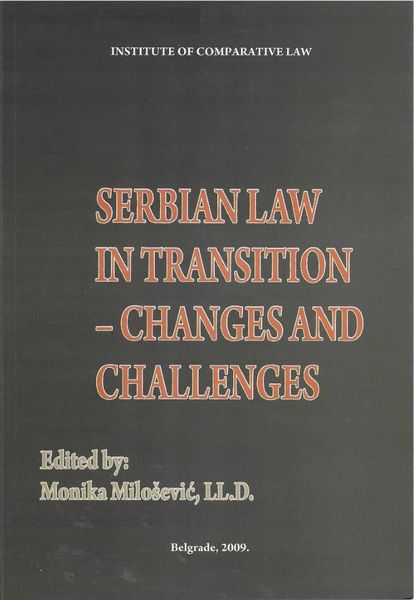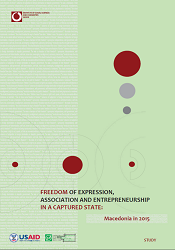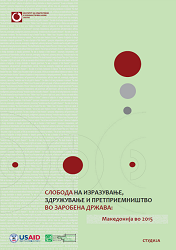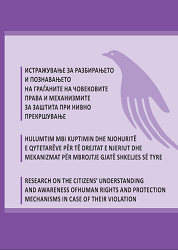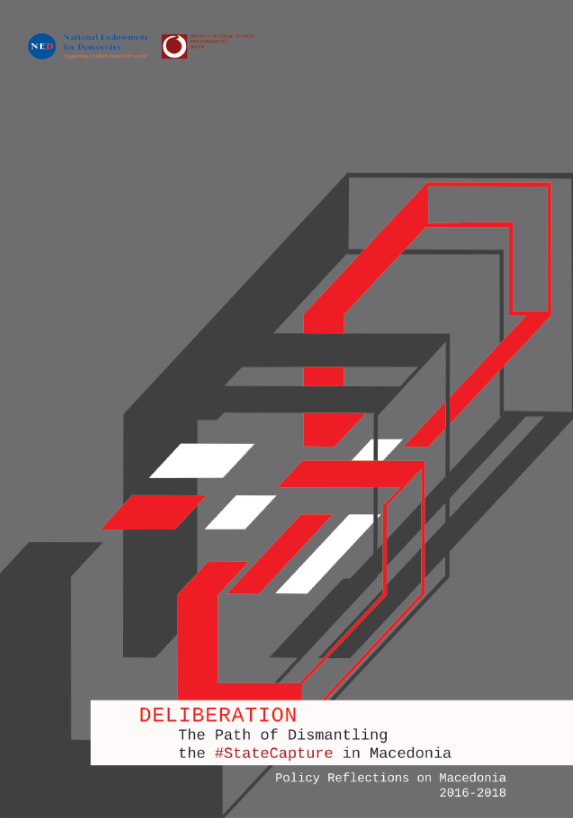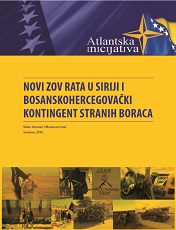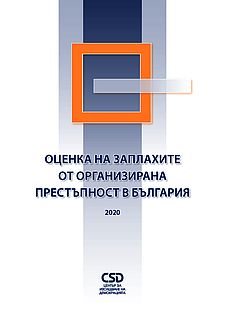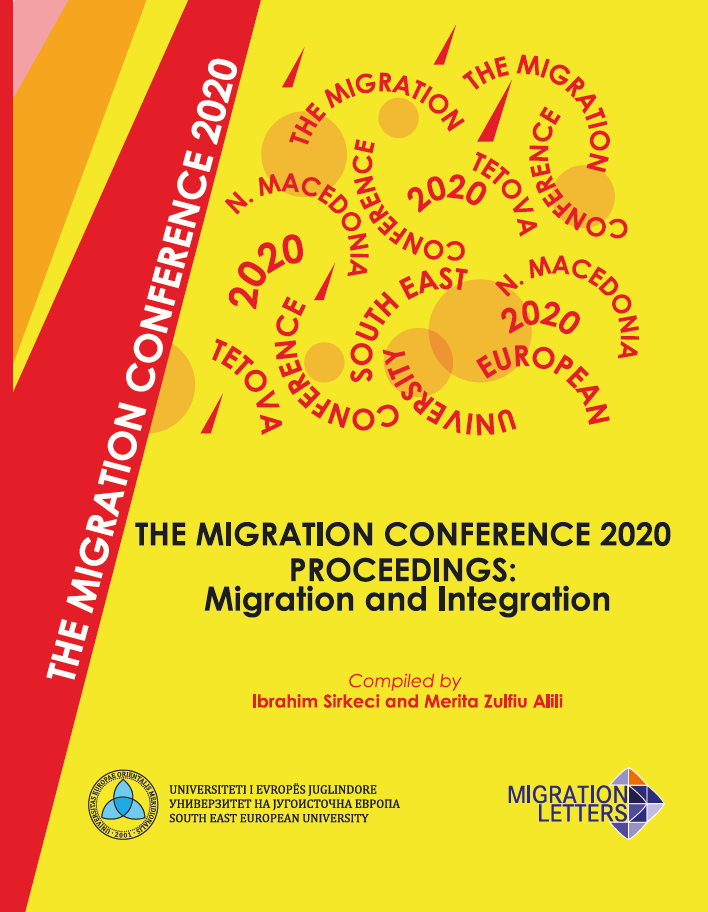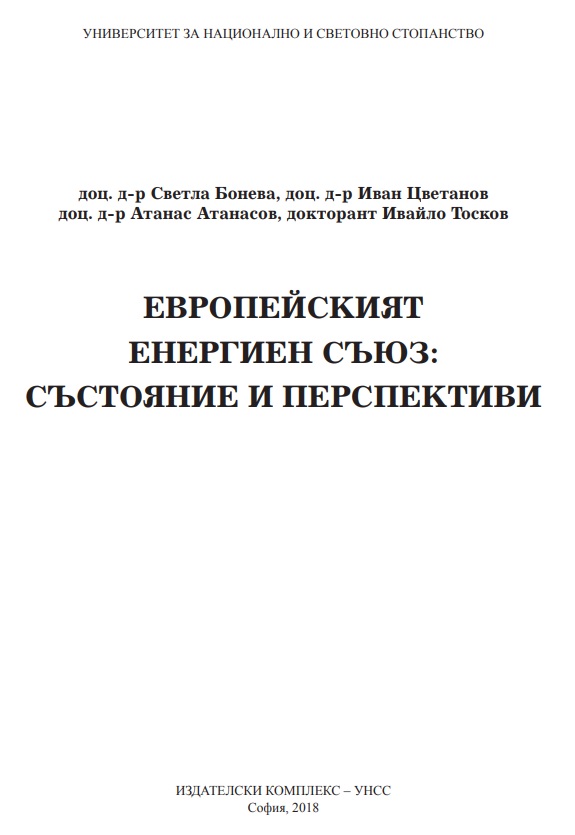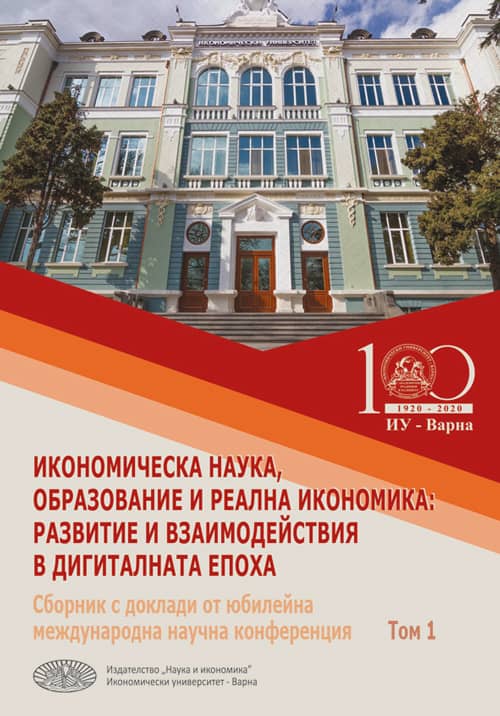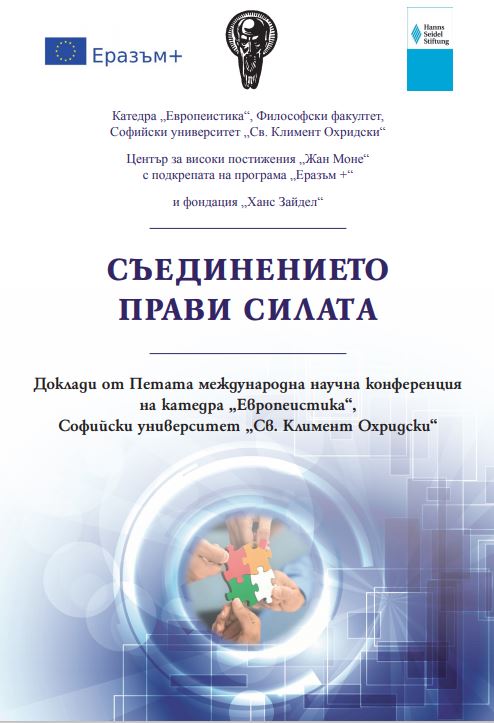Author(s): / Language(s): English,Bulgarian,Russian
The Jubilee International Scientific Conference on the "Economic Science, Education and the Real Economy: Development and Interactions in the Digital Age", held on 11 – 12 May 2020, is dedicated to the 100th anniversary оf the University of Economics-Varna. Against the background of the cultural and economic rise from the end of the XIX and the beginning of the XX century, on May 14, 1920 the Chamber of Commerce and Industry of Varna decides to open a Higher School of Commerce in the city. This marks the beginning of higher economics education in the country. For the period of its existence the university has trained over 155,000 specialists with successful self-realization in the country and abroad. Today, more than 8,000 Bachelors, Masters and Doctorates from 52 countries study in 27 Bachelor's, 29 Master's and 16 Doctor‟s programs. One hundred years for a Bulgarian university is a remarkable anniversary. Some European universities have a much longer history, but when we give assessments, we must always consider the historical context. From this point of view and within the post-liberation period, 100 years of existence, for a Bulgarian university, is a remarkable achievement. The University of Economics – Varna is one of the oldest universities in Bulgaria and the university is rightly proud of its history. The Jubilee International Scientific Conference is focused on digitalization and all those profound transformations it causes in the economy and society. The theme of the conference has been chosen in the period preceding the outbreak of the global coronary virus pandemic. This is important to note because the current economic situation has changed dramatically. As a result of the state of emergency and the imposed social isolation, the economies all over the world have entered a recession. The business, our social and cultural lives have come to a standstill. The economic crisis that has begun is unprecedented both in its cause and most likely in its scale and scope, and it is currently confronting us with specific economic problems. But we believe in science and medicine, in the human mind and intelligence, and we have no doubt that the epidemic will be brought under control and sooner or later the world will return to normal. Then the fundamental determinants of economic activity shall start to operate, one of which is the ongoing process of digitalization. The present economic situation has confronted us with specific economic problems, but it has also shown in a clear and unequivocal way how important new technologies are in modern life, in particular in the conditions of emergency and social distance. It is in these conditions that all our communication, the opportunity for public institutions to continue with their work, online university and school education, etc. rest on digital technologies today. This conference has also been made possible by modern technology. The crisis, from a certain point of view, has given a new impetus to the digitalization of society. In the context of current events and the explanations given above, the topic of the conference is focused on the long term development of the economy and society as a whole. The scientific event aroused considerable interest. The conference was attended by 340 scientists, researchers, lecturers, PhD students and students from 23 Bulgarian and 15 foreign universities and research organizations from Germany, Lebanon, Lithuania, Poland, Portugal, Romania, Russia, Slovakia, Serbia, Croatia and Ukraine, as well as representatives of business and various institutions. Plenary reports of the conference have been presented by: Prof. Evgeni Stanimirov PhD - Rector of the University of Economics – Varna, "Quo vadis, education?", Prof. Daniela Bobeva PhD, Institute for Economic Research at BAS, "Costs and Benfits of Euro Adoption in Bulgaria: lessons Learned from the Long Path of Bulgaria to the Euro' Mr. Plamen Rusev PhD, one of the successful alumni of the University of Economics-Varna, Executive Chairman of the Webit Foundation and a member of the Board of Directors of Endeavor Bulgaria, addressed the plenary session with a speech on "Bulgaria – a platform for creating global initiatives." The proceedings covers 263 reports, in 4 volumes. The range of prob lems in the reports is wide, in line with the idea of the scientific forum: to analyze the manifestation of digitalization not only in business and econo my, but its social, institutional and legal aspects, as well. A very important part of the conference is the reports that examine the impact of digitalization on education and science.
More...
